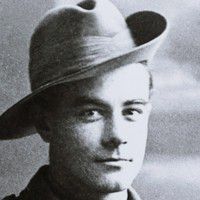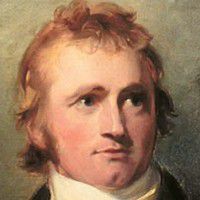Frederic Emes Clay (3 August 1838 – 24 November 1889) was an English composer known principally for songs and his music written for the stage. Although from a musical family, for 16 years Clay made his living as a civil servant in HM Treasury, composing in his spare time, until a legacy in 1873 enabled him to become a full-time composer. He had his first big stage success with Ages Ago (1869), a short comic opera with a libretto by W. S. Gilbert, for the small Gallery of Illustration; it ran well and was repeatedly revived. Clay, a great friend of his fellow composer Arthur Sullivan, introduced the latter to Gilbert, leading to the Gilbert and Sullivan partnership.
In addition to Gilbert, Clay's librettists during his 24-year career included B. C. Stephenson, Tom Taylor, T. W. Robertson, Robert Reece and G. R. Sims. The last of his four pieces with Gilbert was Princess Toto (1875), which had short runs in the West End and in New York. Clay's other compositions include cantatas and numerous individual songs. His last two works were both successful operas composed in 1883, The Merry Duchess and The Golden Ring. He then suffered a stroke that paralysed him at the age of 44 and ended his career.
The historian Kurt Gänzl has called Clay "the first significant composer of the modern era of British musical theatre", but even his most successful stage works were soon eclipsed by those of Gilbert and Sullivan. During his lifetime he was best known for his parlour songs, which were familiar throughout Britain. Clay's music was widely regarded as not particularly original or memorable, but musicianly and pleasing.





